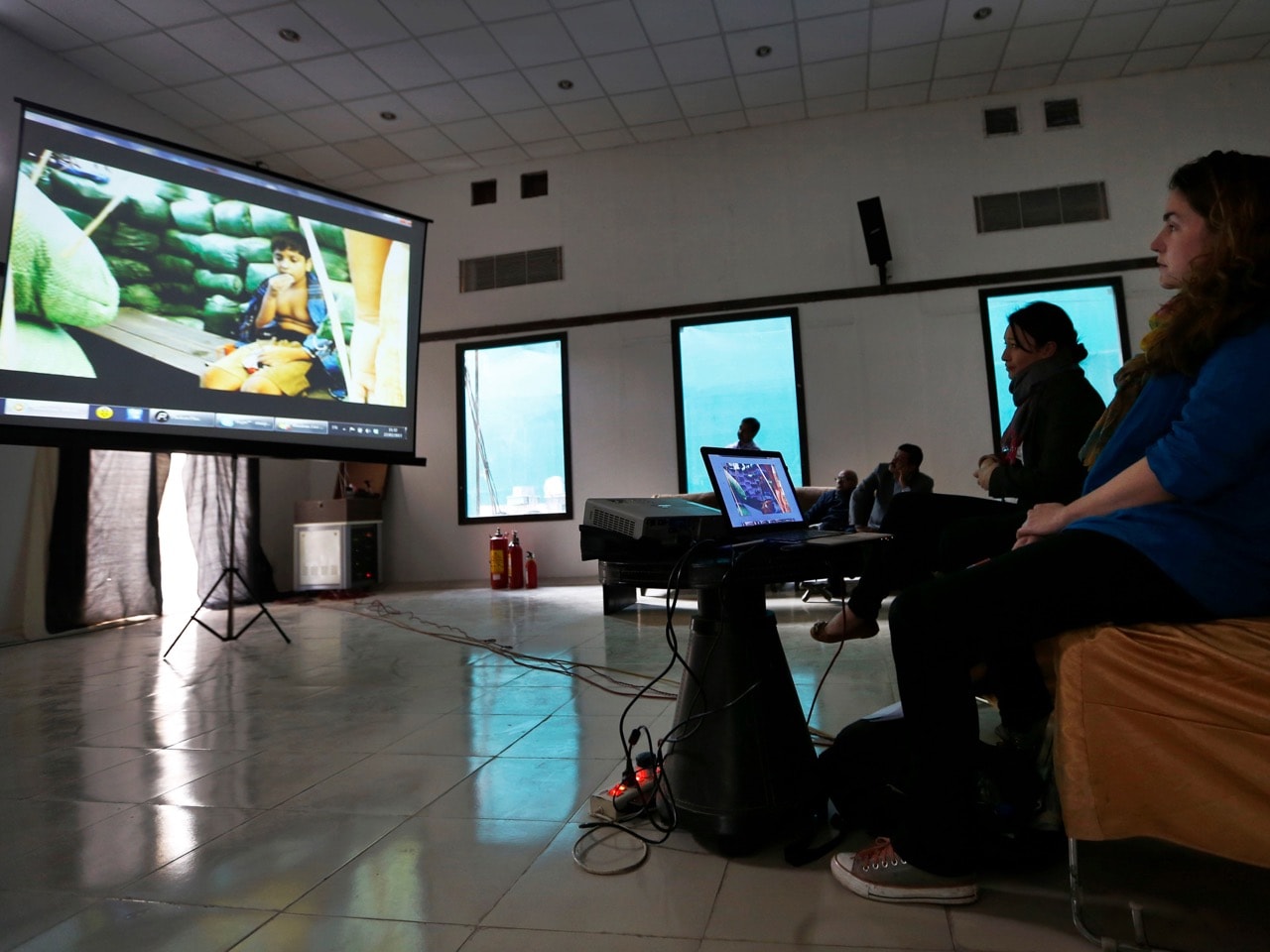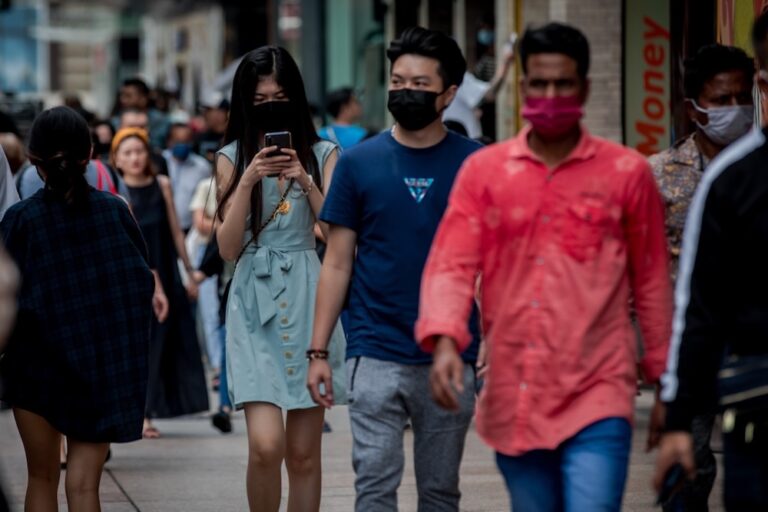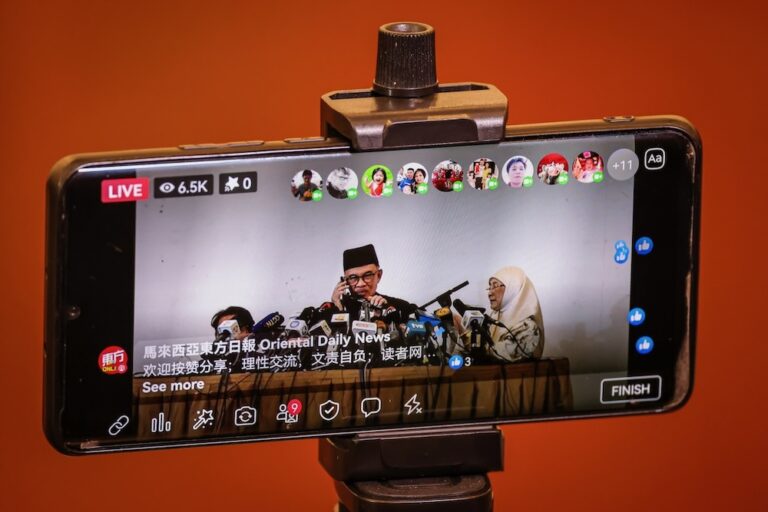Why did Malaysia convict activist Lena Hendry for screening a film about the carnage in the Sri Lankan civil war?
This statement was originally published on CIJ’s Facebook page on 21 February 2017.
The Centre for Independent Journalism (CIJ) condemns the conviction of activist Lena Hendry for screening a human rights documentary in July 2013, featuring the carnage that took place in the last months of the Sri Lankan civil war.
On 21 February 2017, the magistrate’s court convicted Lena Hendry for screening the documentary, “No Fire Zone: The Killing Fields of Sri Lanka”, without the permission of the official film censors. She was charged under Section 6(1)(b) of the Film Censorship Act 2002, which carries a jail term of up to three years or a fine of up to RM30,000 or both. The court will decide on the sentencing on 22 March.
We join other human rights activists to stand in solidarity with Lena Hendry and extend our support to appeal against the court decision.
CIJ considers the conviction a serious violation of the fundamental human right to access information and of freedom of expression. This demonstrates the targeting of civil society by the Malaysian government for promoting discussions on human rights and expression of political viewpoints. Censorship laws – whether impacting journalism or creative content – are drawn up and implemented arbitrarily, and historically abused to silence critical content.
We also condemn the politically motivated pressure that first led to the crackdown on the screening and eventual persecution. Human Rights Watch stated in its statement in 2013 that prior to the screening by Pusat Komas, where Lena Hendry was working as a programme coordinator, an official from the Sri Lankan embassy in Kuala Lumpur met with the venue management and tried to persuade them to stop the screening. The Sri Lanka embassy was said to have communicated with the Malaysian Ministry of Foreign Affairs and the Censorship Board to urge the film not be shown.
The award-winning film, produced by Outsider Films in collaboration with Britain’s Channel 4 and ITN productions, has been screened globally and influenced decisions made at the UN Human Rights Council. It had a limited screening for Parliamentarians and members of civil society in Malaysia with no incident.
Freedom of expression is a critical right and freedom in a functioning and healthy democracy, as guaranteed by the Federal Constitution. CIJ calls for the end of intimidation to the work of civil society in advancing and promoting fundamental human rights in this country through the use of disproportionate and punitive legislative apparatus.



